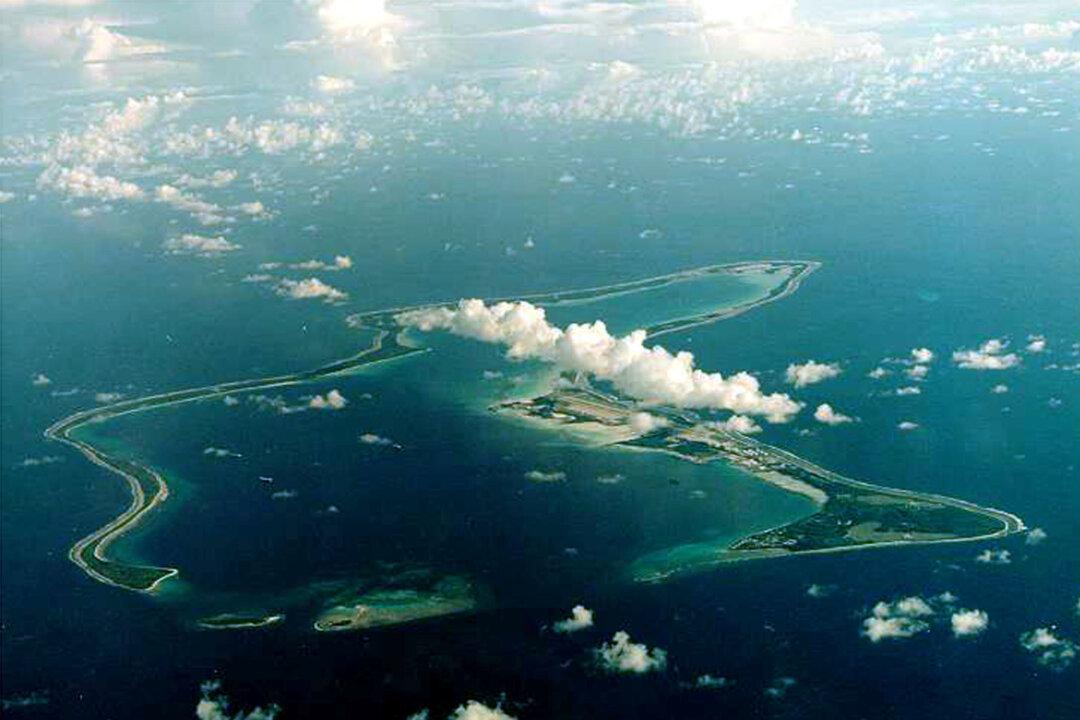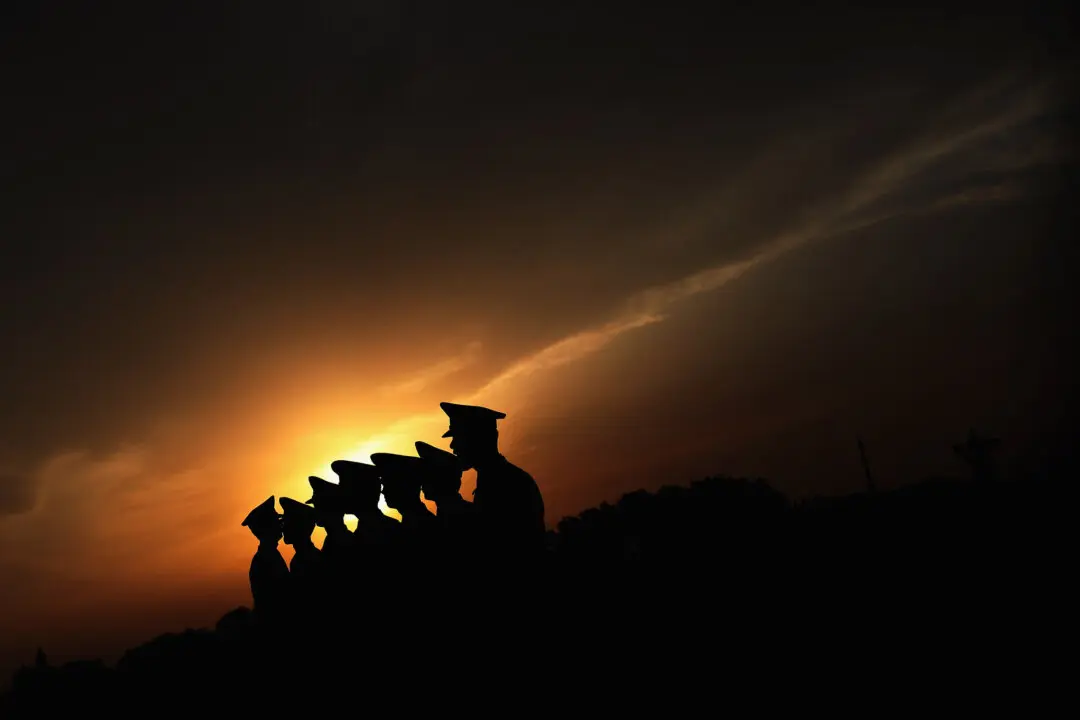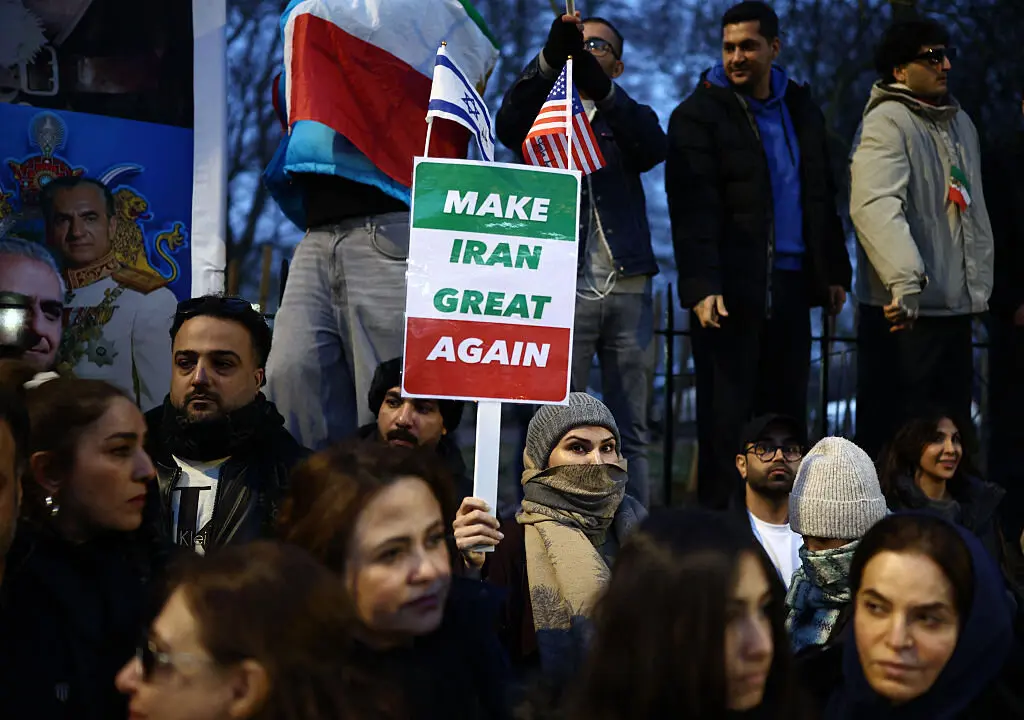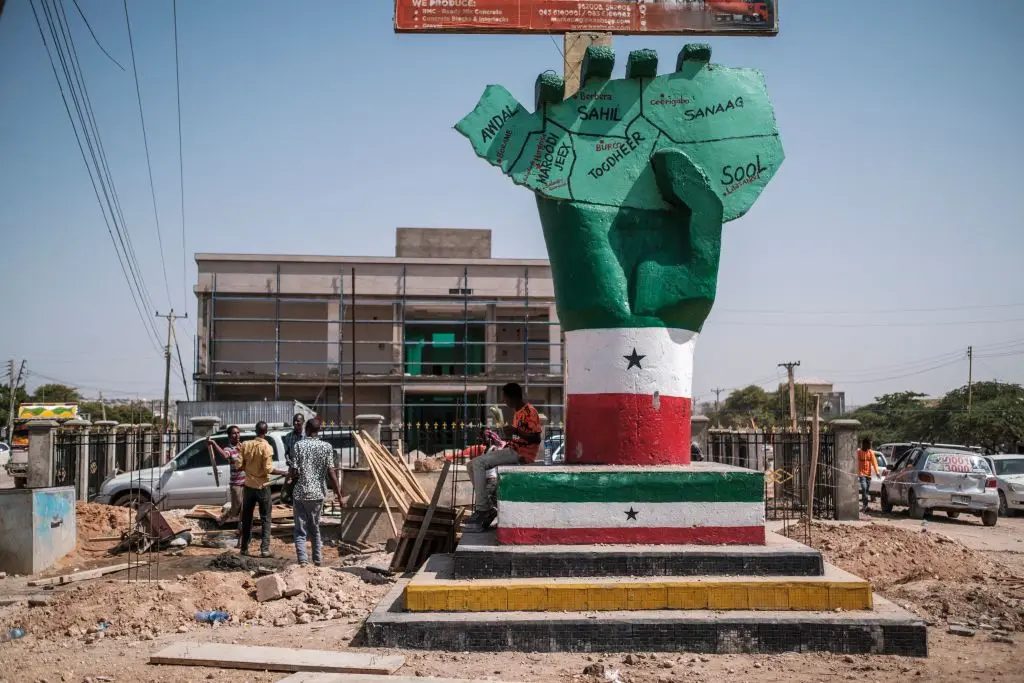Commentary
British Prime Minister Keir Starmer on Oct. 3 in an agreement with Mauritian Prime Minister Pravind Jugnauth, agreed to cede sovereignty of the Chagos Archipelago—also known as the British Indian Ocean Territory, home to the strategically critical U.S. defense base at Diego Garcia—to Mauritius.





